It’s been quite the tumultuous year in the tech industry, most notably for companies like Facebook. Google, Tesla and Salesforce. And, based on Glassdoor’s latest ranking of the best companies to work for — in addition to employee protests and walkouts — it’s clear that employees are paying attention.
Unsurprisingly, Facebook is no longer ranked as the top large company to work for in the United States. Following scandal after Scandal, employee sentiment at Facebook decreased from an average 4.6 rating in Q1 2018 to 4.3 in Q4. Though, it still ranks seventh among companies that employ 1,000 people or more in the U.S.
Meanwhile, Salesforce’s rating has dropped from 4.5 to 4.4, but it’s ranking has increased from 15th best overall last year to 11th best this year. It’s worth noting that no tech company achieved greater than a 4.5 overall rating. Last year, however, the top tech companies (Facebook, Google and HubSpot) came in at 4.6. TL;DR Employees are generally less satisfied with tech companies this year than they were last year.
Quick fun sad fact: None of these companies are led by female-identifying, trans or non-binary people.
But without further ado, here are 15 best tech companies to work for in 2019.
CEO: Satya Nadella
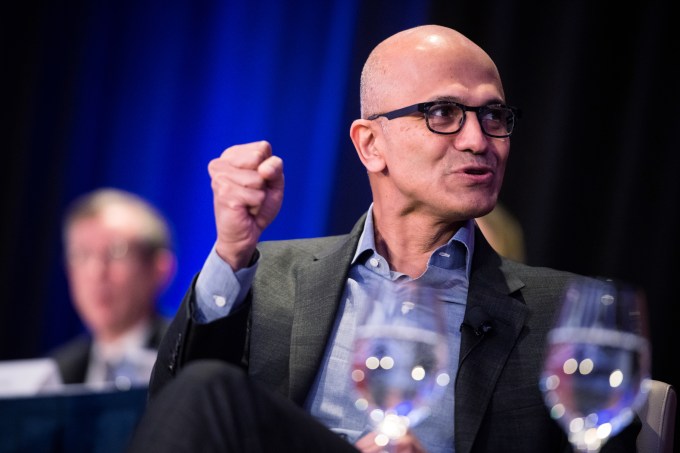
Satya Nadella, chief executive officer of Microsoft Corp., speaks during an Economic Club of New York event in New York, U.S., on Wednesday, Feb. 7, 2018. Nadella discussed the responsibility tech companies need to take over the future of artificial intelligence. Photographer: Mark Kauzlarich/Bloomberg via Getty Images
Positive employee reviews: “Clarity of work, growth, smart coworkers, benefits”
Negative employee reviews: “Salary, hierarchical, deep rooted long term relationships/loyalties in teams made it hard for new team members.”
CEO: Robert Reffkin

Positive employee reviews: “Great management and leadership, amazing community of staff and agents, huge emphasis on being your most authentic self and maximizing your strengths. Great benefits.”
Negative employee reviews: “would be great to have a 401K one day!”
CEO: Shantanu Narayen

MUMBAI, INDIA MAY 3, 2017: Shantanu Narayen, Chairman, President and CEO, Adobe , photographed during a roundtable media conference in Mumbai. (Photo by Abhijit Bhatlekar/Mint via Getty Images)
Positive employee reviews: “Great culture, fun people, world class products! people were eager to help out and improve the customers experience”
Negative employee reviews: “Leadership teams were distant from product capability and misunderstood how to influence product development teams”
CEO: Bill McDermott
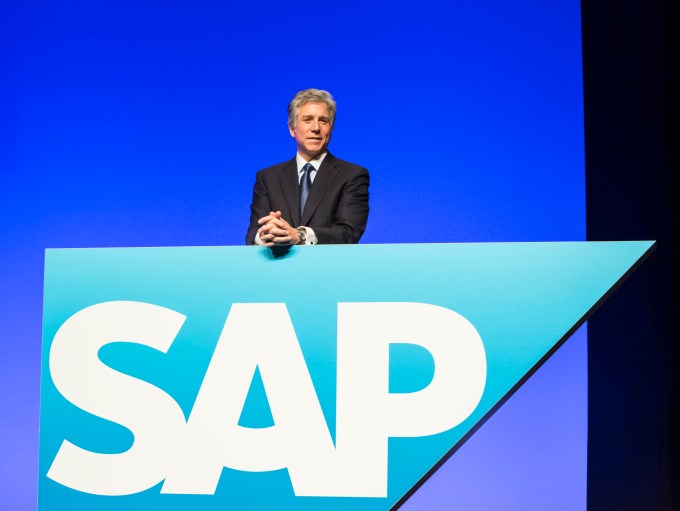
Photographer: Martin Leissl/Bloomberg via Getty Images
Positive employee reviews: “Flexible, inclusive, innovative culture, generous benefits and pay packages, tons of really smart people here.”
Negative employee reviews: “Long hours, changes often and quickly and projects sometimes are done without good change management”
CEO: Martin Rankin

Positive employee reviews: “Great pay and benefits. Strong culture of being supportive, collaborating, and giving back to the community. Interesting work and opportunities to try different types of projects at different locations”
Negative employee reviews: “Mid to high amount of mandatory or non-mandatory-yet-expected overtime. Fine for young, single professionals, but demanding for those with families.
Not introvert-friendly, most rewards for dedication geared around the opportunity to spend even more time at non-work company events.”
CEO: Steve Beauchamp

Positive employee reviews: “The product is great, and I love the service/development teams.”
Negative employee reviews: “With the recent change in management over the sales team, culture is out the window. This company feels like Paychex from a management standpoint. Every call is recorded, every hour is tracked, and you will be told if they decide they want your opinion. Otherwise, I’ve been told in no short terms on a team call to “keep our mouths shut” unless asked. This is not the company that I was hired by 5+ years ago.”
CEO: Scott Scherr

(Photo by Issac Baldizon/NBAE via Getty Images)
Positive employee reviews: “Great Company and Benefits, emphasis on keeping employees happy.”
Negative employee reviews: “Changes happen slowly, and with an emphasis on keeping employees happy, leadership is sometimes afraid to make necessary changes if it leads to making employees unhappy.”
CEO: Daniel Springer
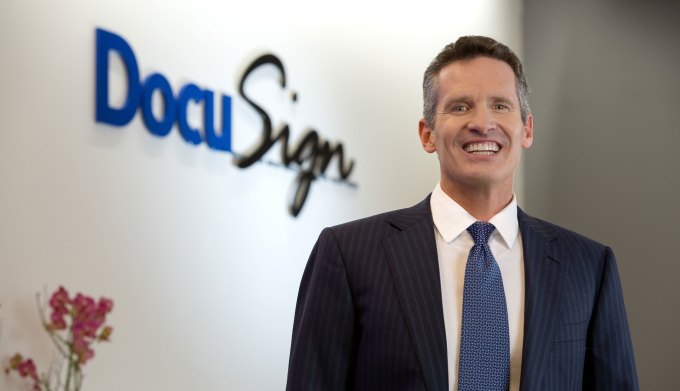
Positive employee reviews: “Overall great work life balance and supportive management.”
Negative employee reviews: “There is no path to promotion . No HSA or gym reimbursement. No incentive for parents or daycare discounts.”
CEO: Brian Halligan

(Photo by Dina Rudick/The Boston Globe via Getty Images)
Positive employee reviews: “I’ve been at HubSpot now for almost 4 years and there’s nowhere else I’ve even thought about working in that time. Why? HubSpot is a great place to work. I feel like I’m valued. I have a lot of autonomy in how and when and where I work. I feel strongly about the mission of the company. All in all, I’m extremely happy here.”
Negative employee reviews: “As the company grows, scaling communication and decision making becomes more difficult. Luckily, it’s something that’s top of mind for many people who are working to make communication easier and better.”
CEO: Marc Benioff

Positive employee reviews: “Very supportive environment. Unlimited learning potential. Positive company outlook and morals.”
Negative employee reviews: “Big company issues like politics are present and although much is said about “equality” and “transparency”, some divisions still have the usual corporate bullshitters. Many internal projects fail due to lack of leadership or management ability and much is swept under the rug.”
CEO: Sundar Pichai
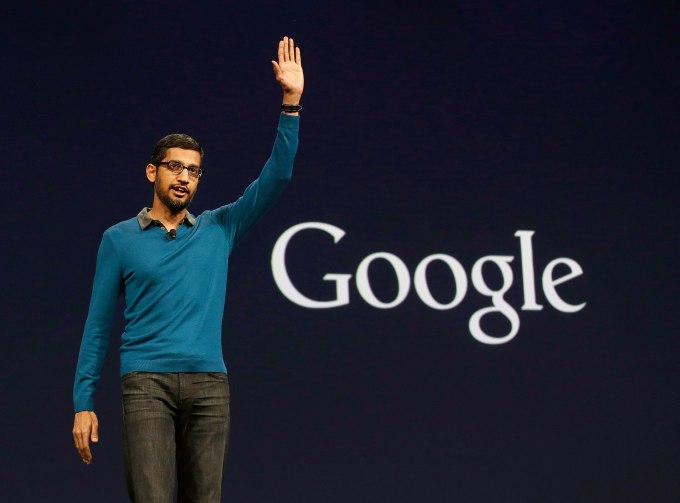
Positive employee reviews: “Free food, subsidised massage, good benefits are all true benefits. They also do a lot of interesting work in tech. The claimed corporate culture of openness, a flat organisational structure and acceptance of employees’ true selves is a good ideology, though clearly sometimes a failed practice.”
Negative employee reviews: “Google management are surprisingly penny pinching in allocating sufficient resource to projects by way of staff, office space, and budget. Success here depends on how good your boss is at politicking and how good you are at politicking with your boss, rather than actually being focused on the merits of specific investments – the scale is too large to be accurate when it comes to brass tacks.”
CEO: Mark Zuckerberg

SAN JOSE, CA – MAY 01: Facebook CEO Mark Zuckerberg speaks during the F8 Facebook Developers conference on May 1, 2018 in San Jose, California. Facebook CEO Mark Zuckerberg delivered the opening keynote to the FB Developer conference that runs through May 2. (Photo by Justin Sullivan/Getty Images)
Positive employee reviews: “The challenges we face in the wake of press mentions and bad actors abusing our platform causes us to band together and focus in on fixing problems.”
Negative employee reviews: “Work life balance is terrible. Everyone in my team works outside regular hours, night and weekends. No one will explicitly say that you have to do this but given the competitive culture, you pretty much put in extra hours.”
CEO: Jeff Weiner
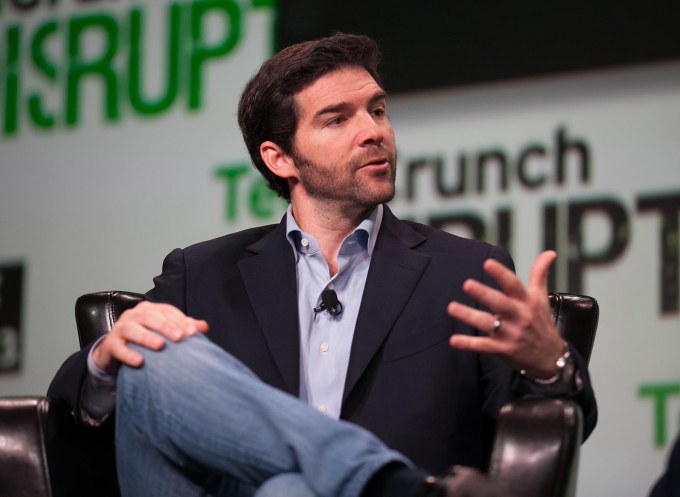
Positive employee reviews: “Many of the smartest and most talented leaders in Silicon Valley are here.”
Negative employee reviews: “Competition among incredibly bright employees is fierce.”
CEO: Craig “Tooey” Courtemanche

Positive employee reviews: “Excellent culture, world class people and benefits.”
Negative employee reviews: “Extreme growth has it’s challenges, intention is there to get things right.”
CEO: Eric S. Yuan

Positive employee reviews: “Great product, in fact, best on the market. Zoom has amazing benefits and tons of perks in the office. There are some great, integral people here at Zoom to work with. I consider many people on my team friends. CEO genuinely cares and listens to his employees.”
Negative employee reviews: “I’m afraid this culture has shifted in a negative way over the past year and a half. There are way too many salespeople – upper management is starting to notice, and doing drastic things to get people out. There aren’t real territories carved out, unless you’re in a higher segment. It seems that the lower segments are at the bottom of the totem pole in the organization.”



















